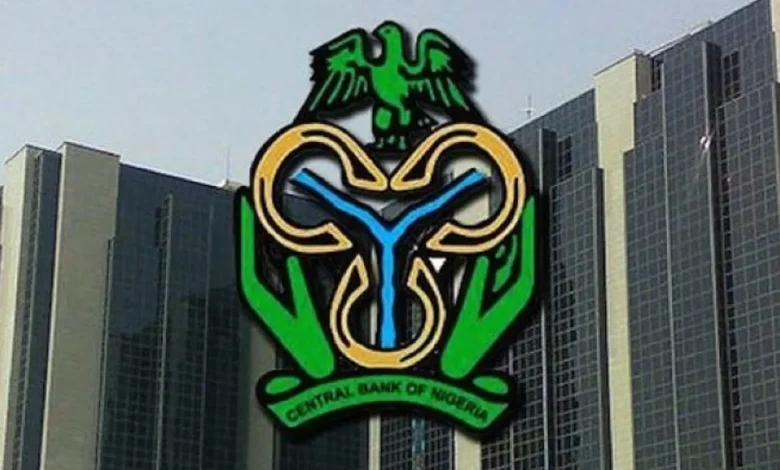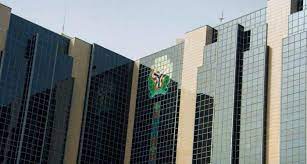
The Central Bank of Nigeria (CBN) has revealed that diaspora remittances processed through International Money Transfer Operators (IMTOs) surged to $4.22 billion between January and October 2024.
This marks a nearly twofold increase from the $2.62 billion recorded during the same period in 2023, reflecting a substantial year-on-year growth of approximately 61.1%.
Governor of the Central Bank, Olayemi Cardoso, shared this optimistic data during an interactive session with the Senate Committee on Banking, Insurance, and Other Financial Institutions at the National Assembly on Wednesday. Cardoso pointed to the marked increase as a positive indicator of Nigeria’s financial trajectory.
Providing further insight, Cardoso highlighted the monthly trends in remittance inflows, noting a rise from $336 million in September 2024 to $402 million in October 2024. He attributed this growth to several key factors: enhanced efficiency in the remittance system, the beneficial impacts of President Bola Tinubu’s policies, and a growing sense of trust among Nigerians in the diaspora who are increasingly contributing to national development.
With the current growth rate, the CBN Governor projected that remittance inflows would continue to rise by the close of the year, further bolstering Nigeria’s financial reserves.
According to the World Bank, Nigeria’s diaspora remits between $20 billion and $25 billion annually, a substantial portion of which supports household incomes rather than private equity investments. The global institution emphasized the crucial role these funds play in alleviating poverty and improving key health and educational outcomes, such as higher birth weights and increased school enrollment rates among disadvantaged households.
In addition to the positive remittance figures, Cardoso also announced that Nigeria’s external reserves had increased from $38.35 billion on September 30, 2024, to $42.01 billion as of December 12, 2024. The growth in external reserves, largely attributed to receipts from crude oil-related taxes and third-party payments, now positions the country’s reserves to cover over 9 months of imports well above the international benchmark of 3 months providing a solid buffer against potential external economic shocks.
On the topic of cash scarcity, Cardoso reiterated the implementation of a new policy that imposes a fine of N150 million on any bank branch found distributing new Naira notes to currency hawkers and other illicit traders. This measure, he emphasized, is part of ongoing efforts to curb the challenges surrounding the country’s cash flow and ensure proper circulation of currency.
Looking ahead to 2025, Cardoso expressed confidence that Nigeria’s economic outlook would improve. He highlighted key factors contributing to the nation’s recovery, including the stabilization of the foreign exchange market, banking sector recapitalization, and positive growth trends in critical sectors, particularly services.
Chairman of the Senate Committee Adetokunbo Abiru, praised Cardoso for his presentation, commending the CBN for its efforts in navigating the challenges and bringing optimism to the Nigerian economy despite global uncertainties.





